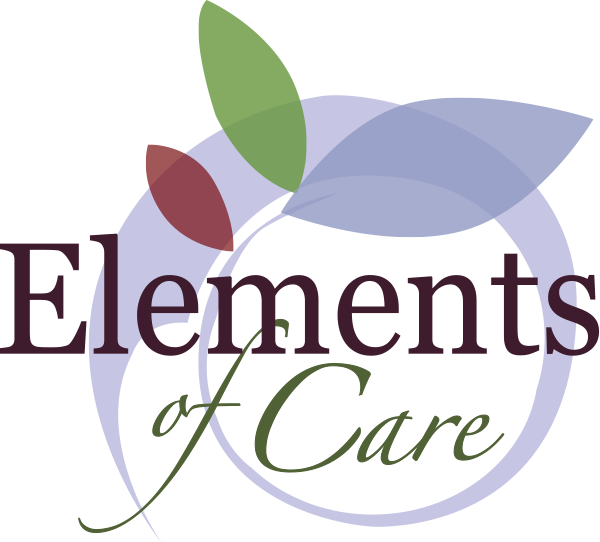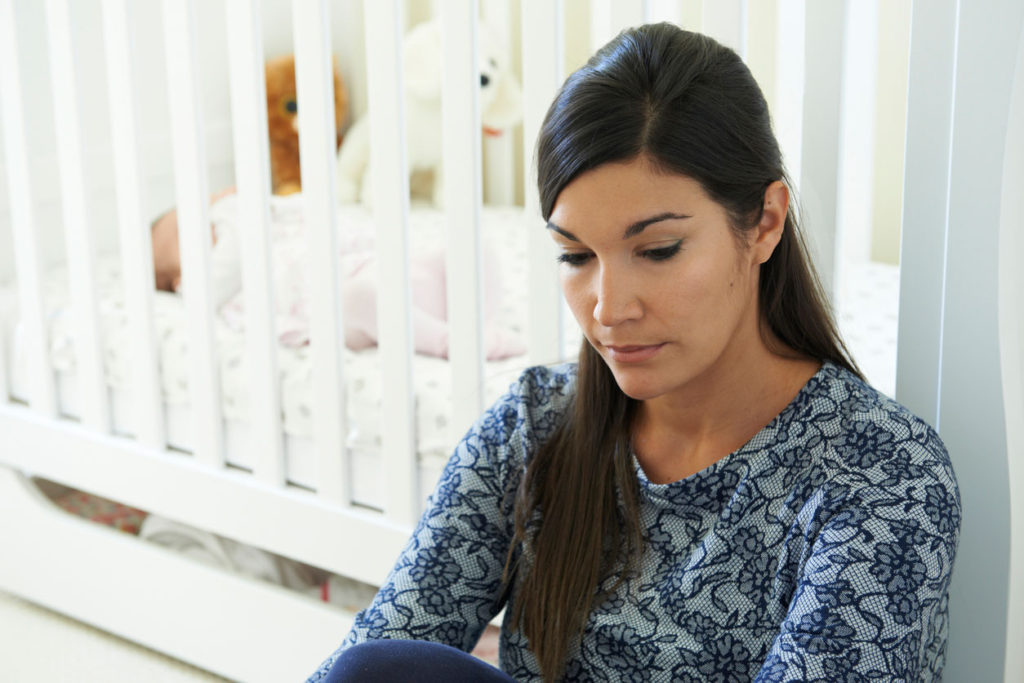Prenatal screening looks for increased risk of an infant with Down syndrome (Trisomy 21), Trisomy 13, and Trisomy 18. The incidence of these abnormalities increase with maternal age, however younger women give birth to the majority of the affected children. Women who will be 35 or older at the time of delivery may elect to complete more advanced screening or invasive, diagnostic testing instead of the initial screening tests.
Electing to have prenatal chromosomal abnormality screening is a personal decision. There is no “right” choice. Some woman decide to have only an anatomy ultrasound and no further testing at all. If you opt to complete the screening, consider what you will do with the results. Below are some questions you may want to ask yourself while you make this decision:
- Do I want to have any of this information?
- How would learning about these birth defects before the baby is born help me prepare and plan?
- How would this information help me make choices about my pregnancy if a birth defect is found?
- Will taking these tests help me feel more reassured?
Remember that all the non-invasive prenatal tests are screening tests, they are not diagnostic tests. A screening test predicts the chance that your baby has a certain birth defect. A diagnostic test tells you if your baby does or does not have a certain birth defect.
All the screening tests have a chance of a false negative and false positive result. A false negative results means the test comes back negative when in fact the baby has one of the tested birth defects. A false positive results means the test comes back positive when the baby does not have any of the tested birth defects. If your screening results are positive, you will be advised to have a more advnaced screening test, but you may decline any further testing.




